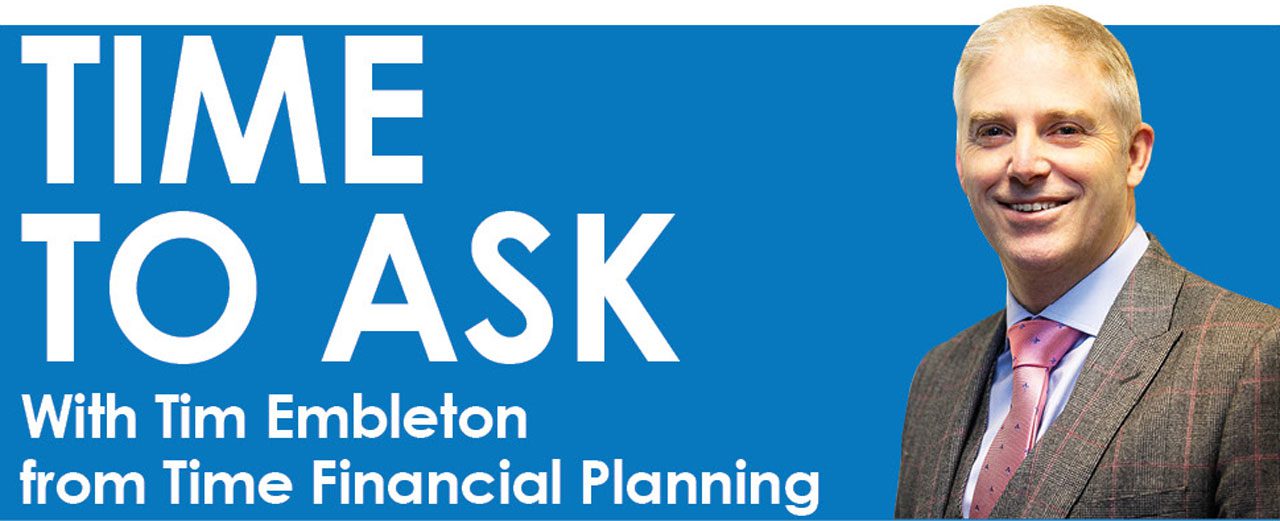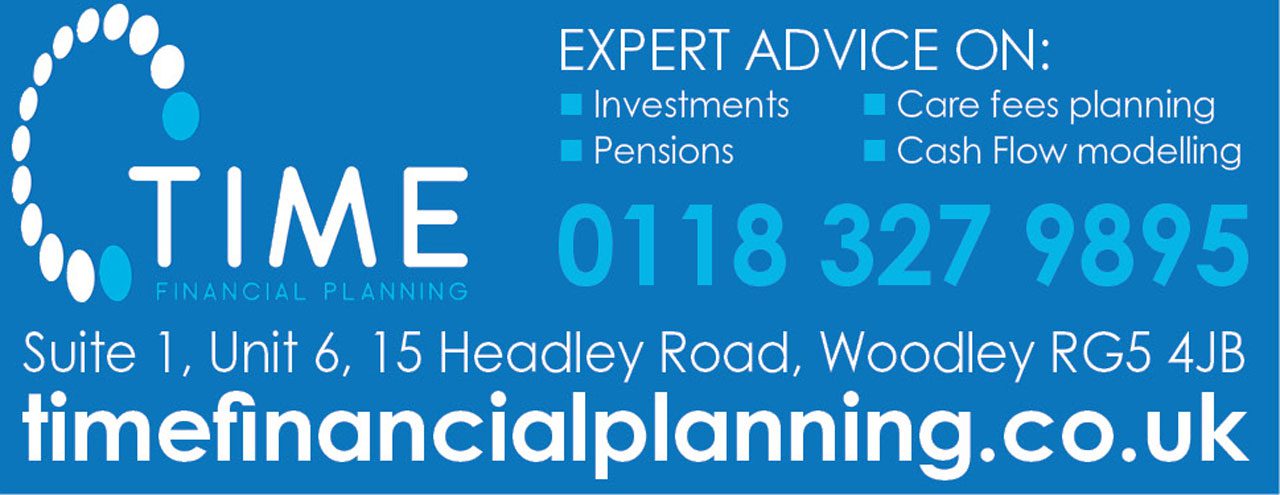
In the second part of this month’s series of articles on investing and creating the ideal portfolio, I’m going to answer a question I’m frequently asked which is ‘What is a bond?’
Bonds are often confused with the fixed-rate bonds that you would get from a bank or building society.
When I ask someone if they know what a bond is they often say ‘no’ or ‘oh yeah, isn’t that one of those things where you tie your money up for three years.’ The answer is ‘similar, but not quite the same’.
A bond is essentially a loan to someone and is very similar to a loan to a government, known as a gilt, which we’ll examine in a future piece.
With bonds and gilts all you’re doing is giving the money to somebody else to use and in return they’re giving you some interest.
Because there is a little bit of risk involved because they might not pay us back we would expect a higher interest rate on bonds then we would on cash. However, we’re also taking a risk that interest rates might rise which would mean the interest rate I’m getting from the bond is less valuable.
However, bonds are more secure than shares because in the event of the failure of the entity, bondholders – the debtors – must be paid back before shareholders.
It’s also important to look at duration. If the duration of a bond fund is very long it’s going to be much more sensitive to interest rate changes so its volatility is going to be higher. We would often recommend the use of shorter duration bond funds for clients that are looking to diversify or reduce risk.
The key here is that while bonds should be a part of someone’s portfolio it’s crucial that the right ones are chosen.
These days it’s easy to look up the performance of bond funds online and it’s tempting to just pick the highest performing one. But what people often don’t realise is that potentially they’ve picked something that’s got a really long duration. It might have performed well up until now, but what happens when interest rates go up? It might suddenly become the worst performing bond fund.
It might also be a junk bond fund or a high yield bond fund and these tend to behave much more like equities. So, they’re not really doing the job of dampening or reducing risk that your portfolio needs.
As you can see, taking appropriate financial advice is important to ensure you don’t end up with the wrong product.
Next week we’re going to look at property funds and how we can add exposure to the property market to your portfolio without you having to physically buy bricks and mortar.
TIM EMBLETON

INVESTMENTS – THE VALUE OF UNITS CAN FALL AS WELL AS RISE, AND YOU MAY NOT GET BACK ALL YOUR ORIGINAL INVESTMENT
Time Financial Planning Limited is an appointed representative of The On-Line Partnership Limited which is authorised and regulated by the Financial Conduct Authority.
This is sponsored content
















































